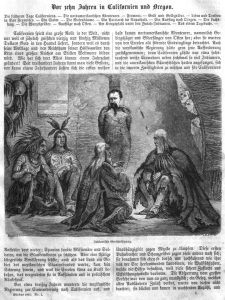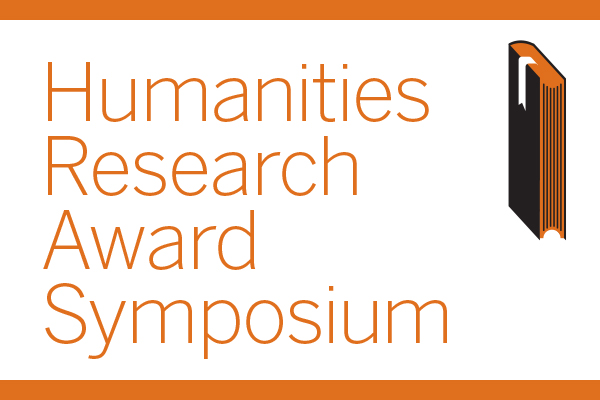
Today, we receive information from around the world in a blink of an eye; but the forces that have helped the world become so closely connected had their origins in the 19th century.
Associate professor in the Department of Germanic Studies Kit Belgum explores an epicenter of our shrinking world in her upcoming book, Geographical Imagination or How the World Shrank in the Nineteenth Century.
Belgum examines how the intense inter-linkages between new technologies of travel and publishing combined with the public’s growing demand for news about the world. Focusing on 19th century German examples, Belgum unveils the unique challenges early publications faced and tracks how information became more accessible and credible over time.
“With the steam engine, people began to travel and discover new places and people,” Belgum said. “Coinciding with that, there was an explosion of print technology, and new information began to disseminate changing how the average person perceived the world.”
Belgum focuses on a wide range of text types in her project, one being a German geographical magazine called Globus, an early European variant of National Geographic. As an early work of its kind, Globus attempted to introduce German readers to the world.
“It brought the world to Germans, making the world less scary and enlightening middle class Europeans,” Belgum said. “During the age of nationalism, it helped Germans define themselves in the world.”
Belgum’s favorite aspect of her research is uncovering the wealth of information presented to readers and the distortions within it.
“The most remarkable discoveries come in the detail-work of scholarly investigation,” Belgum said.
The trailblazing editor of Globus, Karl Andree, faced a unique challenge: single-handedly cobbling together a 32-page magazine every week with limited access to illustrations and information. He would often “borrow” from other publications, perverting the information to the point where it was sometimes wrong, but his readers had no choice but to take it at face value.
As print and transportation technology improved, Globus became more credible. A trend, Belgum says, we still see today.
“The information we have available to us changes every day,” Belgum said. “What took years to establish, mold, and correct is constantly changing in the matter of microseconds today.”
Belgum will present some of her findings at this year’s Humanities Research Award Symposium in a presentation titled “Popularizing the World in the Nineteenth Century: Karl Andree’s Globus.” The symposium is a platform for recipients of the Humanities Research Award, a three-year $15,000 research grant created by the Dean of the College of Liberal Arts, to present their work to the university community. This year’s event will be held Friday, Feb. 27, from 11 a.m. to 4 p.m., at CLA 1.302.
